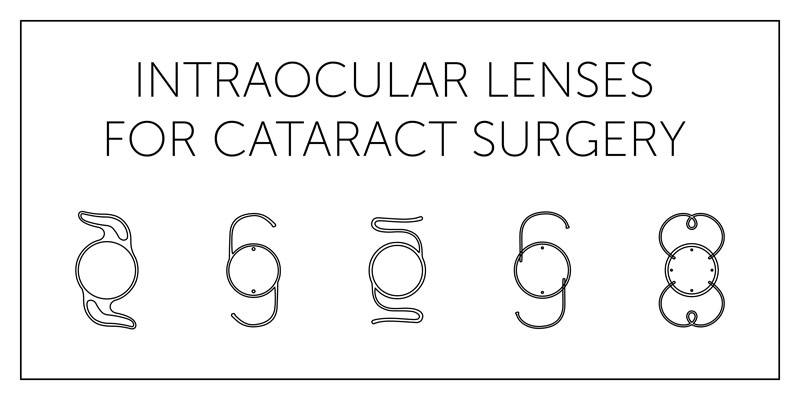How to Choose the Right IOL for You
Sub Title

How to Choose the Right IOL for You
It’s time for you to say goodbye to your cataracts and hello to intraocular lenses (IOL). This means saying goodbye to cloudy vision and hello to renewed, clear vision. But how do you decide which IOL is right for your needs and lifestyle?
The team at Dougherty Laser Vision is here to guide you through the differences in IOL’s and why some might be a better fit than others.
Three Types of IOL’s
There are three main types of IOL’s to choose from:
Monofocal IOL’s
Monofocal IOL’s are the traditional option for lens replacement after cataract surgery. A standard monofocal IOL can provide either improved distance vision or improved reading vision after surgery- but not both. Most monofocal IOL’s are set for distance vision. The standard monofocal IOL is best for those who would like improved distance vision but do not mind having to rely on glasses or bifocals for reading or close-up vision.
Multifocal IOL’s
Multifocal IOL’s, also known as premium IOL’s, were designed to reduce a patient’s dependency on glasses after cataract surgery. Unlike most monofocal IOL’s, these premium IOL’s can be set to restore both distance and reading vision after surgery. For those whose primary goal after surgery is to reduce their reliance on glasses, this type of IOL may be best for you.
Toric IOL’s
Toric IOL’s were specifically designed for patients with astigmatism. This type of IOL will correct both astigmatism and nearsightedness or farsightedness.
Insurance Coverage & Out-of-Pocket Expenses
If cost or insurance coverage is a key factor in your decision, it’s important to know that not all IOL’s are covered under insurance. Typically, a standard monofocal IOL is covered by both insurance and Medicare but premium options are not. It’s important that you consult with your carrier about your options before your procedure.
We fully understand that cost is a key factor for most researching IOL options. Many patients ask why anyone would opt for a premium option when they could potentially have the cost of a standard IOL completely covered? We advise that you ask yourself: What is your vision worth? If you value both your distance and reading vision, and believe it would significantly improve your quality of life, you might want to consider your options. Having the ability to live life free from bifocals or glasses is worth the out-of-pocket expense for many patients.
Which Type of IOL is Right for Me?
Your cataract surgeon is ultimately the only person who can determine which IOL is right for you. Your surgeon will work with you to identify your post-surgery vision goals and needs, as well as evaluate your prescription and overall eye health before advising you on your best options.
Call or schedule a free cataract surgery consultation online today in order to learn more about your options for intraocular lenses.

